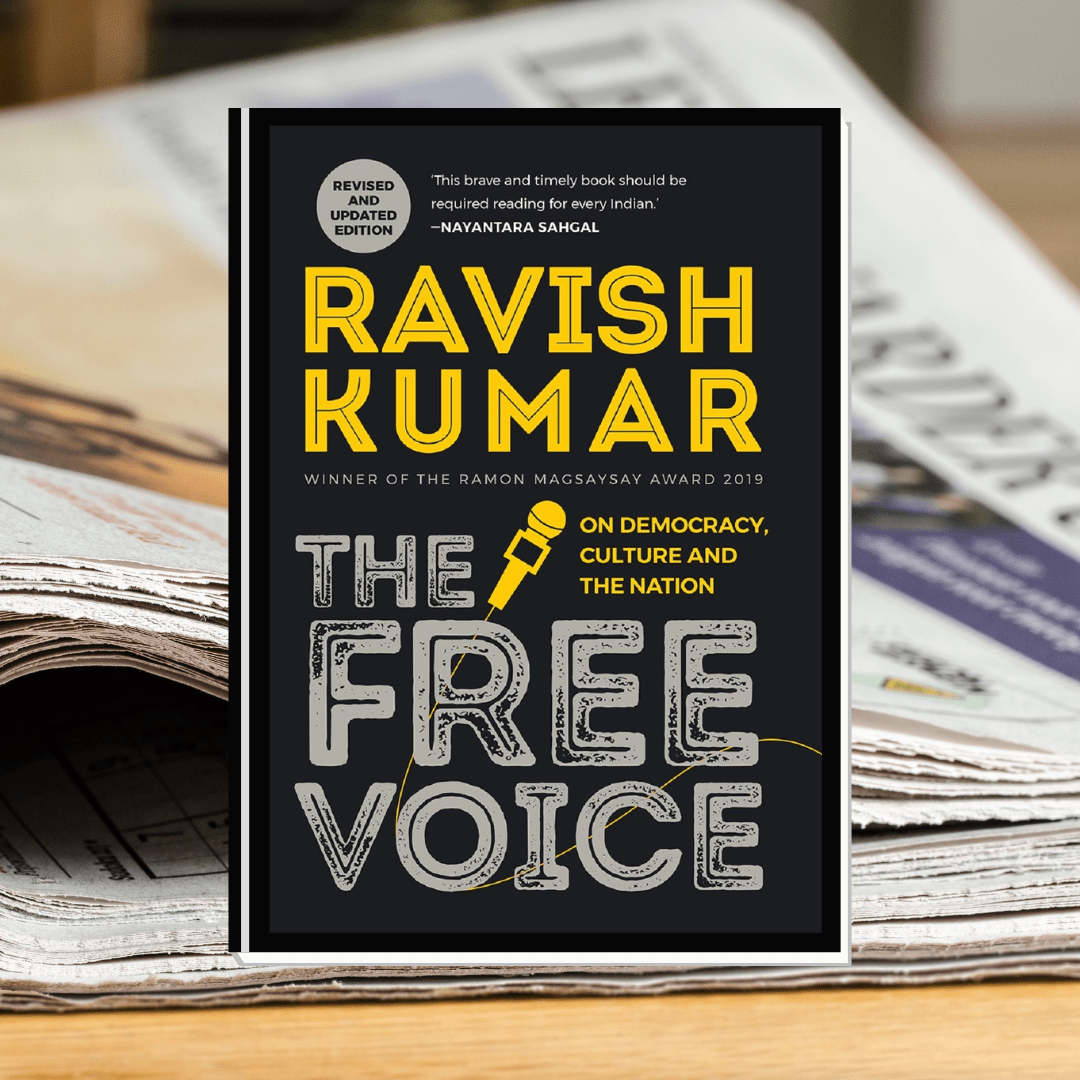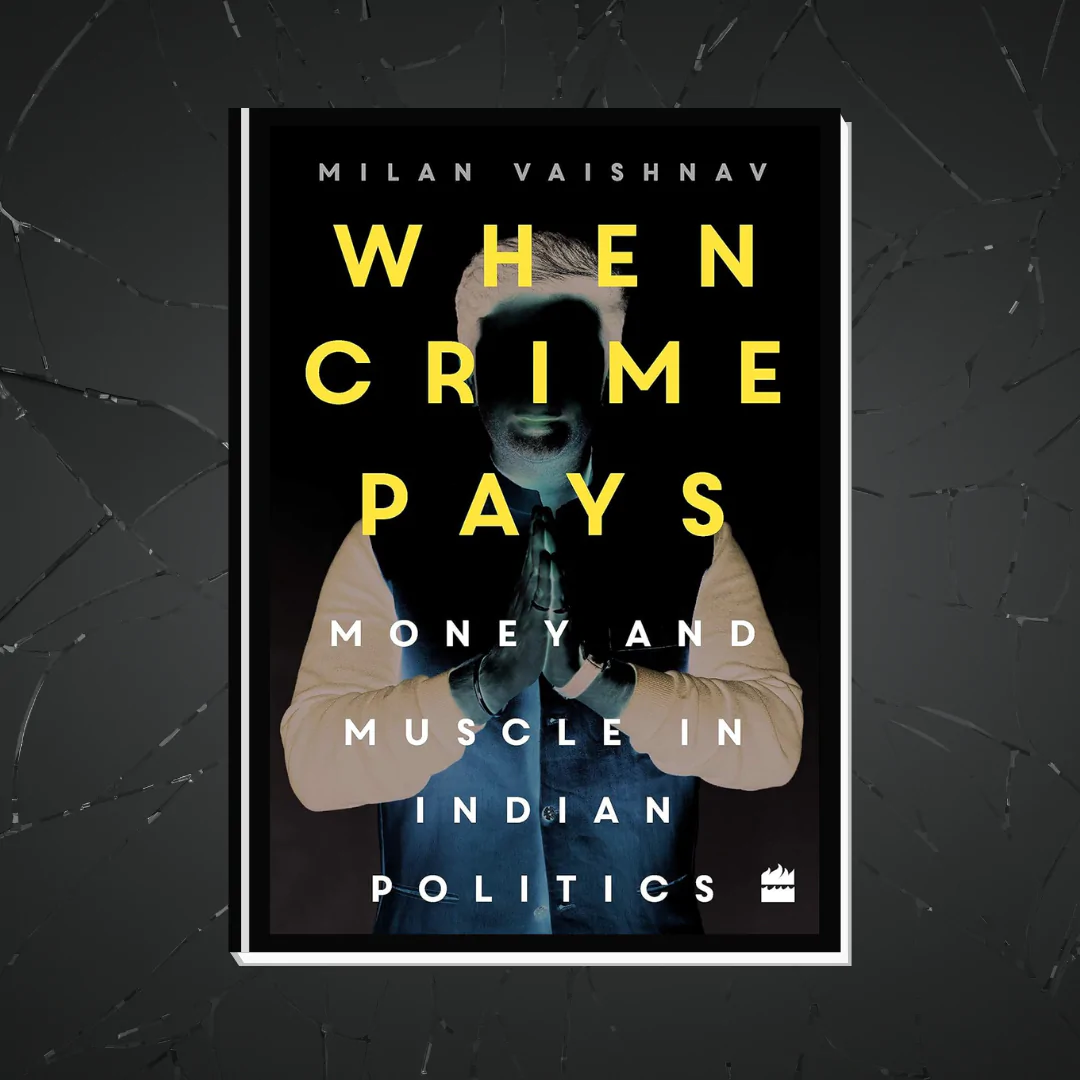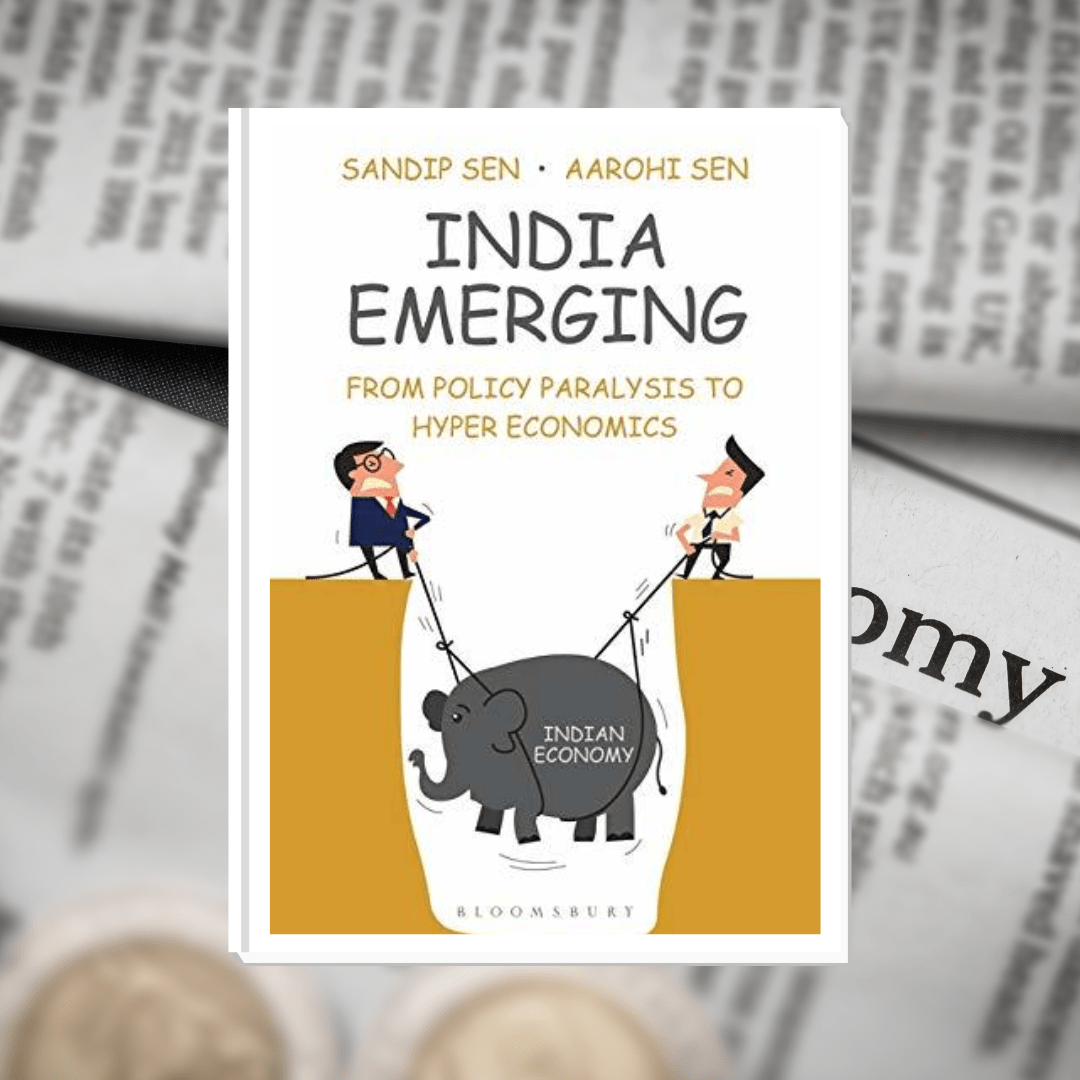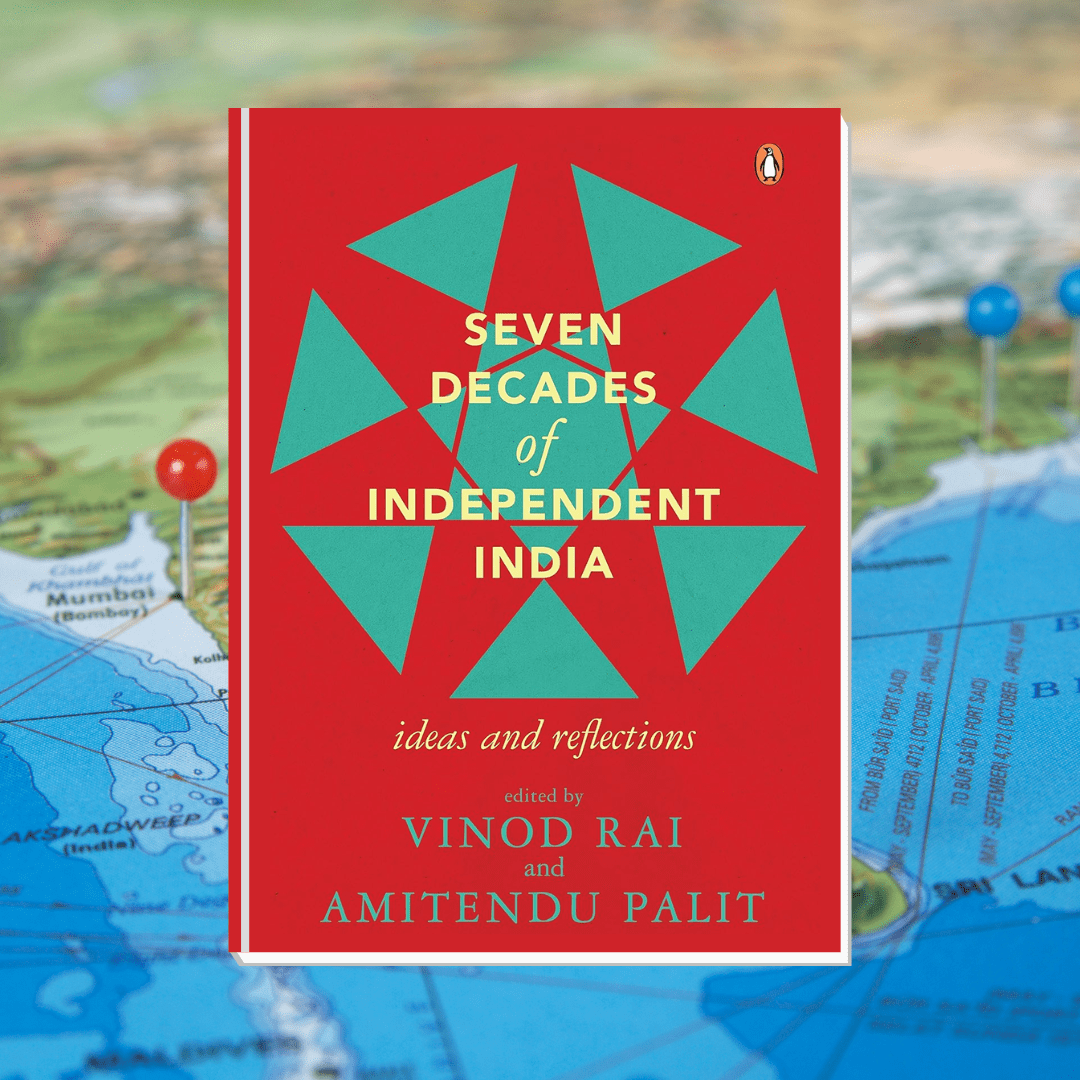
“Discover the truth behind extramarital affairs – understanding the risks and rewards of a complex relationship.”
Surajit Roy
Extramarital affairs have been a contentious topic for decades, with some people believing they are only about sex while others acknowledge they can involve much more than that. In fact, most affairs involve more than just sex, with emotional connections, companionship, and understanding often playing a major role in the relationship. In this blog, we will explore the various elements that can make up an extramarital affair and how they can be beneficial to the participants. We will also discuss how to navigate such an affair and the potential risks associated with it. Finally, we will look at the effects of extramarital affairs on a marriage and how to heal from such an experience.
What is Extramarital Affairs?
Extramarital affairs are romantic and/or sexual relationships between two people, one of whom is married to someone else. These affairs may be clandestine and conducted in secrecy, or they may be open and known to those involved. The participants may be married or unmarried, and the relationship may be casual or more serious in nature.
Key Factors
- Extramarital affairs often stem from feelings of dissatisfaction in a romantic relationship.
- Research has found that extramarital affairs are more likely to occur in relationships with unequal power dynamics.
- Extramarital affairs can be emotionally and psychologically damaging to everyone involved.
- Extramarital affairs can be seen as a form of escapism from a current relationship.
- People who are more emotionally distant from their partners are more likely to engage in extramarital affairs.
- Unresolved issues from past relationships can be a major factor in deciding to cheat in a current one.
- Extramarital affairs are often associated with feelings of guilt, shame, and regret.
- People who engage in extramarital affairs tend to have lower self-esteem and higher levels of stress.
- People involved in extramarital affairs often struggle with a lack of trust and communication in their primary relationship.
- Research has found that extramarital affairs are often a result of a desire for more excitement or novelty in a relationship.
Extramarital affairs can have a profound effect on the lives of those involved, as well as their families and communities. They often lead to feelings of guilt, shame, and betrayal, as well as a range of legal and personal consequences. In some cases, extramarital affairs can also lead to divorce and a number of other complex issues.
Psychology Behind Extramarital Affairs.
Extramarital affairs are an unfortunately prevalent occurrence in relationships today, and can be an emotionally devastating experience for both parties involved. It’s important to understand the psychology behind these affairs in order to better understand how to prevent them from happening, or how to best handle the situation if it does occur.
The most common reason for extramarital affairs is a lack of emotional connection in a relationship. This can be due to a variety of factors, such as a lack of communication, a feeling of neglect or even a feeling of being taken for granted. When one partner feels that their emotional needs are not being met in the relationship, they may look for satisfaction elsewhere.
It is also important to recognize the role of opportunity in extramarital affairs. When someone has the opportunity to engage in an affair, they may be more likely to take it. This can be due to the excitement of a new relationship, or an opportunity to explore a different type of relationship than the one they are currently in.
It is also possible that some people engage in extramarital affairs as a way of coping with stress or feeling overwhelmed. If someone is feeling overwhelmed or powerless in their current relationship, they may be more likely to search for an escape in another person.
Finally, it is important to understand the role of power dynamics in extramarital affairs. If one partner is in a position of power or authority in the relationship, they may be more likely to engage in an affair as a way to maintain control or to feel powerful.
No matter the reason, it is important to recognize the psychological issues that can lead to extramarital affairs and take steps to address them. Whether it is through improved communication, understanding of emotional needs, or simply recognizing the power dynamics in a relationship, it is important to take a proactive approach to addressing these issues to prevent an affair from happening.
Types of Extramarital Affairs and Why They Happen?
Extramarital affairs are a serious problem in relationships, but unfortunately, they still happen. If you’re in a committed relationship, understanding the five different types of extramarital affairs can help you recognize the warning signs and take steps to prevent them.
1. Emotional Affairs:
An emotional affair is when someone has a deep emotional connection with someone outside of their relationship. This type of affair usually begins as a strong friendship, but it can quickly escalate into something more. The person involved in the emotional affair may find themselves confiding in and seeking comfort from the other person, which can lead to a breakdown in their relationship.
2. Sexual Affairs:
Sexual affairs are the most obvious type of extramarital affair, and they often involve physical contact. This type of affair can be dangerous for both parties involved, as it can lead to feelings of guilt and betrayal.
3. Cyber Affairs:
Cyber affairs are a more recent phenomenon, fueled by the prevalence of online communication. These affairs involve a romantic and/or sexual relationship conducted entirely online. They can be difficult to detect, as the person involved may go to great lengths to hide their activities.
4. Financial Affairs:
Financial affairs are a type of affair where one person uses money or other assets to gain an advantage over the other. This type of affair is often seen in relationships where one person has more power or influence than the other.
5. Workplace Affairs:
Workplace affairs are a common form of extramarital affair, as people spend a lot of time with their colleagues and may develop a strong emotional connection. This type of affair can be particularly damaging to a relationship, as it often involves a power imbalance between the two people involved.
Ultimately, the reasons behind extramarital affairs can vary. While some people may be seeking something they don’t have in their relationship, others may be looking for a way to escape their current situation. It’s important to remember that any type of affair can be damaging to a relationship and it’s best to communicate openly and honestly with your partner if you feel something is wrong.
Statistics on Extra-Marital Affairs.
1. British people believe extramarital affairs are morally acceptable.
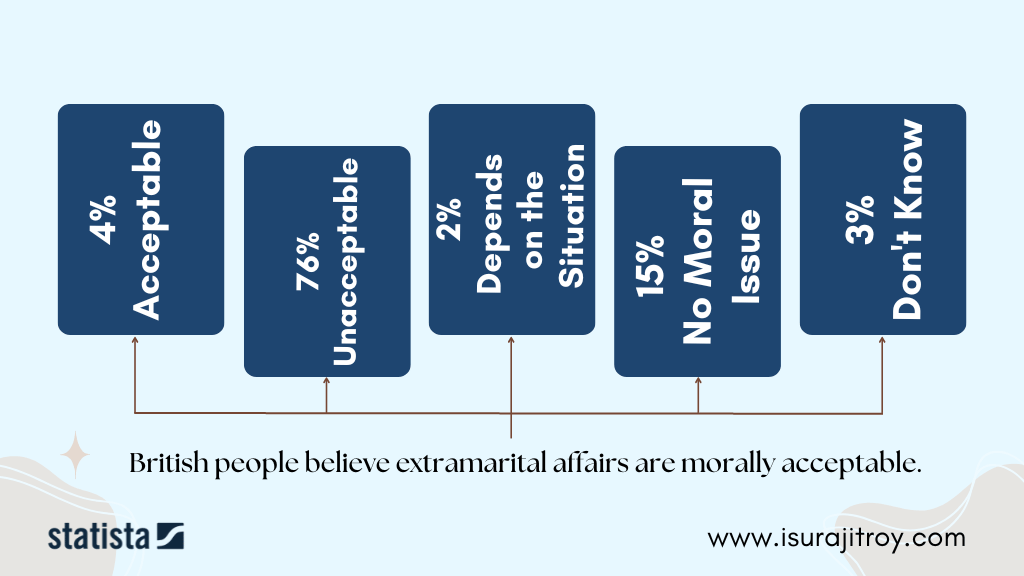
This statistic highlights the moral view on married people having an affair in Great Britain. Of respondents, only 4 percent said that they think it is morally acceptable to have an extramarital affair. The majority of respondents stated that they found such an affair to be morally wrong, with 96 percent saying they believe it is unacceptable. This indicates that there is still a strong societal stigma against married people engaging in affairs, and that there is an expectation of fidelity and loyalty to one’s partner. In addition, it suggests that married individuals should exercise caution if they are considering entering into an extramarital relationship.
2. A global perspective on extramarital affairs.
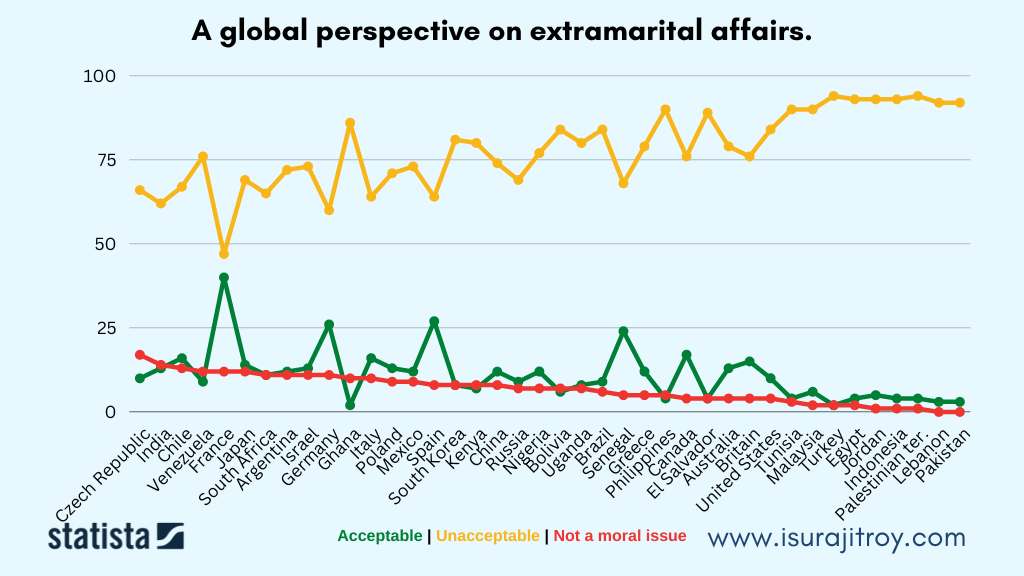
This statistic shows that views on extramarital affairs vary greatly from country to country. In France, the majority of people still consider affairs to be immoral with 47% saying so. However, 40% of the population believes it is not a moral issue, and 12% of people even accept affairs as morally acceptable. This indicates that while the majority of French people still disapprove of extramarital affairs, there is a growing trend in recent years towards greater acceptance.
3. Cultural differences in moral unacceptability of extramarital affairs.
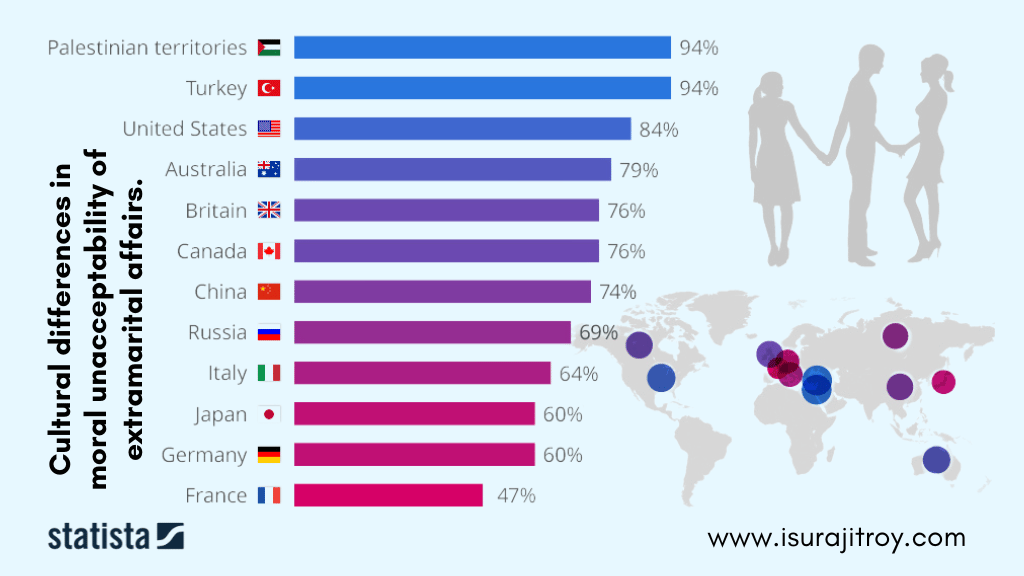
The recent hack of an extramarital affair website has had a wide-reaching impact, with many people in the United States and United Kingdom being affected. The two countries have particularly high standards of morality when it comes to extramarital affairs, with 84 and 76 percent of people respectively considering it morally unacceptable. This is in stark contrast to France, which appears to be the most forgiving of extra-marital affairs, with only 47 percent of people considering it morally wrong. This illustrates the wide range of moral standards and expectations that exist between different countries when it comes to matters of infidelity.
4. An analysis of nationality and cheating rates worldwide.
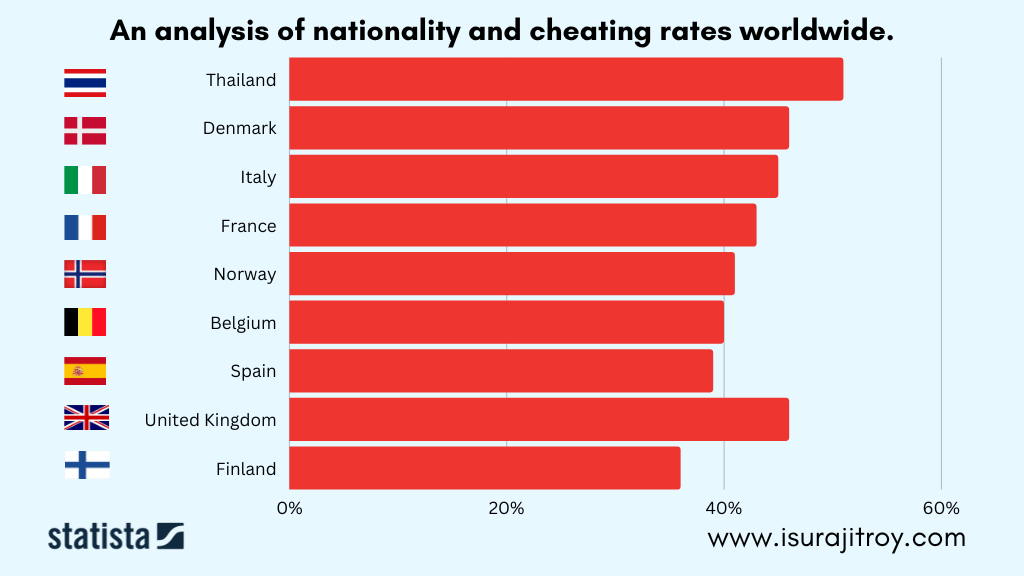
According to data from Durex, the likelihood of cheating on one’s partner depends heavily on their nationality. For instance, a whopping 51 percent of Thai adults have admitted to having an affair, making them the most unfaithful population worldwide. Danes and Italians also have a high likelihood of cheating, while Britons and Finns are far less likely to stray. The data indicates that cultural norms and societal expectations play a huge role in determining whether someone is likely to engage in infidelity. It’s important to note, however, that such statistics should be taken with a grain of salt and should not be used to generalize an entire population.
5. Surprising acceptance of extramarital affairs in France.
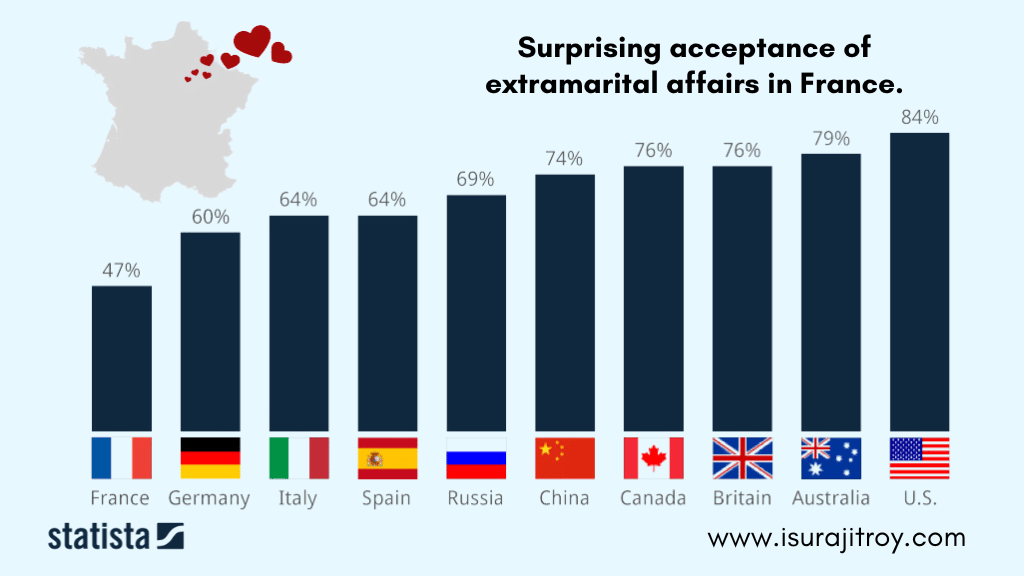
Interestingly, there is a higher acceptance of marital indiscretions in France compared to other countries. According to a Pew Research Center survey, only 47 percent of people in France believe that married people having an affair is morally unacceptable. This is much lower than the figures in Germany (60 percent) and Britain (76 percent). Americans are the most opposed to extramarital affairs with 84 percent of people stating that such an affair would be morally wrong. The survey reflects the different attitudes to marriage and fidelity across the world.
6. A look at the gender gap in infidelity during the middle ages.
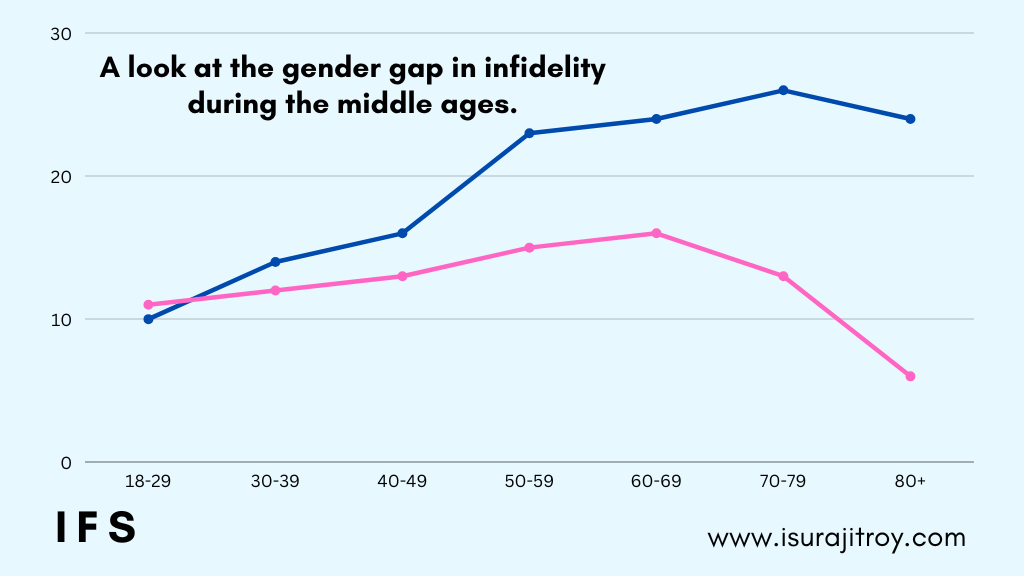
Infidelity is a common occurrence during middle age, with men and women both engaging in it. Women in their 60s report the highest rate of infidelity at 16%, while men in their 70s report the highest rate near 26%. The gap between men and women’s rates of cheating is highest among the oldest age group (ages 80+), with a difference of 18 percentage points. This indicates that, even though rates of cheating decline with age, the gender gap remains.
7. The demographic of cheating with partners.

Overall, a person’s political identity, family background, and religious activity are all related to their likelihood of cheating on their spouse. Democrats are more likely than Republicans to have cheated, as are adults who didn’t grow up in intact families and those who rarely or never attend religious services. Interestingly, having a college degree is not linked to a higher chance of cheating, with almost equal shares of college-educated adults and those with high school or less education having been unfaithful to their spouse.
8. The troubling reality of cheating in marriages.
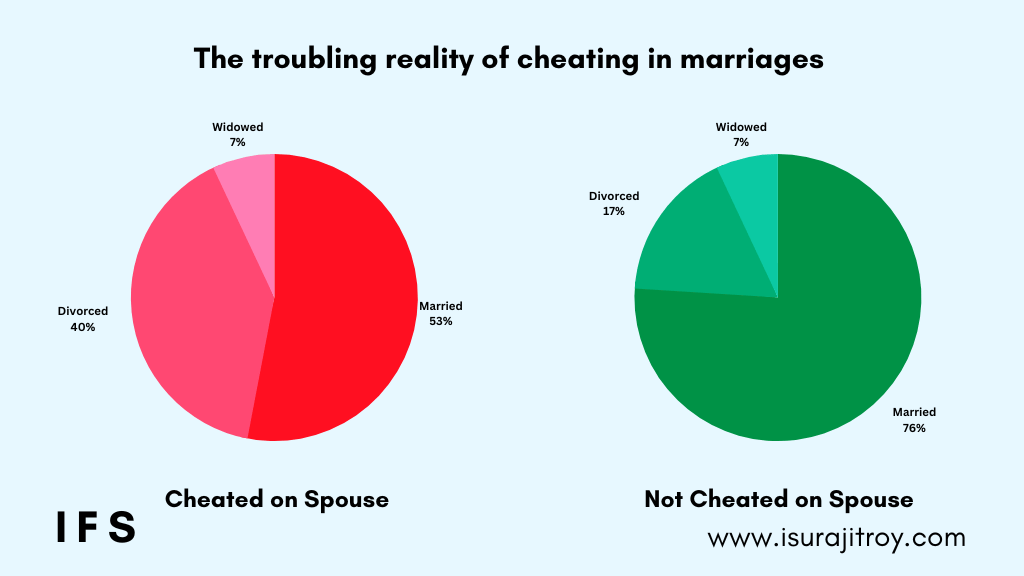
The statistics on cheating in marriage are quite stark. Those who have cheated on their spouses before are much more likely to be divorced or separated than those who were faithful. Furthermore, the likelihood of remaining married is much lower for women who have cheated than for men who have cheated. This may be due to different societal expectations for men and women or to different levels of forgiveness for men and women who have cheated. Regardless, it is clear from these statistics that infidelity has a serious impact on the success of a marriage.

Love Science : Psychology of Attraction
This book dives into the science behind love and attraction. It unpacks the psychological aspects of falling in love, backed up with research and evidence. A fascinating read for anyone curious about the science of relationships.
Learn MoreWhy Extra Marital Affairs Could be Right?
Extra marital affairs could potentially be right in certain circumstances, but it’s important to consider all of the potential risks and implications before entering into such a relationship. Before entering into an extra marital affair, it’s important to consider the potential consequences of the relationship. This includes potential legal implications, social repercussions, and potential harm to any existing relationships.
From a legal perspective, extra marital affairs are generally not allowed under the law in many countries, and could potentially lead to legal repercussions and even criminal charges. Additionally, extra marital affairs can often lead to social repercussions, such as damage to the reputation of the people involved and potential rationalization from the community.
In addition, extra marital affairs can often cause harm to any existing relationships, such as a marriage or a committed relationship. This could lead to feelings of betrayal, mistrust, and hurt, and can often be difficult to recover from. Furthermore, extra marital affairs can often lead to feelings of guilt and shame, which can take a toll on mental health.
Given the potential legal, social, and relationship implications of extra marital affairs, it is important to carefully consider the potential consequences before entering into such a relationship. In certain circumstances, such as when there is a lack of intimacy or connection in an existing relationship, an extra marital affair could potentially be right, as it can help to fill a void that is not being met in the existing relationship. However, it’s important to understand the potential risks of such a relationship before entering into one.
When an Affair Affects Your Relationship?
When an affair affects your relationship, it can be one of the most difficult and painful experiences a couple can go through. It can cause feelings of betrayal, anger, and hurt that can be hard to move past.
The first step in dealing with an affair is for both partners to confront the issue and take responsibility for their actions. This can be difficult and can involve a lot of difficult conversations. It is important for both partners to be honest and open about how they were feeling leading up to the affair, and to each other about what they need from the relationship going forward. Honesty and vulnerability are key to rebuilding trust.
The next step is to decide whether the relationship can be repaired or if it needs to end. This is a decision that needs to be made by both partners and it should not be rushed. It is important to take time to process the emotions and to talk openly and honestly about what each partner needs and wants. It is also important to be realistic and recognize that it may take time to heal, and that it may be necessary to seek outside help and support.
No matter what decision is made, it is important to remember that healing takes time. It is also important to be patient with yourself and your partner as you work through the process together. It is also important to try to be compassionate and understanding towards each other and to talk openly and honestly about what each of you need in order to move forward.
Will Relationships Work After Infidelity?
When it comes to relationships and infidelity, the answer is not a simple yes or no. Whether or not a relationship can work after infidelity depends on a variety of factors, including the severity of the infidelity, the amount of trust and commitment that existed before, the willingness of both partners to work through the issues, and the communication and openness of each partner.
In some cases, relationships can heal after infidelity. This can happen if both partners are willing to work through the pain and hurt caused by the infidelity and rebuild the trust that was lost. This process can be incredibly difficult and requires both partners to be open and honest about their feelings and to be willing to forgive and move forward. It may also require professional help from a therapist or counselor to help the couple navigate the difficult emotions.
In other cases, relationships may not be able to heal after infidelity. This can happen if the betrayal is too deep and the trust is too broken. In this situation, the couple may find it too difficult to rebuild the trust and move forward. This can be a difficult and heartbreaking situation, and it may be in the best interest of both partners to move on and find someone else.
Ultimately, whether or not a relationship can work after infidelity is a personal decision. It is up to each partner to decide whether or not they are willing to work through the pain and hurt and if they are committed to rebuilding the trust that was lost. With the right amount of effort and communication, it is possible for relationships to heal after infidelity, but it is ultimately up to each partner to decide if they are willing to work through the issues.
Ways To Overcome An Extramarital Affair.
Infidelity is one of the most difficult issues a married couple can face. It can cause a deep sense of betrayal, pain, and confusion. While it can be difficult to overcome an extramarital affair, there are some steps that couples can take to heal and move forward.
1. Have an Open Conversation:
The first step to overcoming an extramarital affair is to have an honest and open conversation about the situation. This will help both partners to express their feelings and work through the issue. It is important to ensure that both partners are heard, and to focus on understanding each other’s perspectives.
2. Seek Professional Help:
If the couple is struggling to make progress on their own, seeking professional help can be beneficial. A therapist can help to facilitate an open and honest dialogue between the partners, and can provide valuable guidance on how to move forward.
3. Establish Trust Again:
After an extramarital affair, it is important to rebuild trust between the partners. This can be done by being open and honest with each other, and by being consistent in your actions. It is also important to give each other space and to take time to rebuild the relationship.
4. Take Time to Heal:
Both partners should take time to heal and process the emotions that come with an extramarital affair. This could include therapy, journaling, or simply taking time to be alone. It is important to not rush the healing process, and to give both partners time to work through the pain.
5. Strengthen Your Relationship:
Finally, it is important to work on strengthening the relationship. This could involve activities such as date nights, spending quality time together, or talking about things you both enjoy. It is also important to express appreciation for each other, and to focus on the positive aspects of the relationship.
These are just a few steps that couples can take to overcome an extramarital affair. It is important to remember that the healing process can be long and difficult, but it is possible to make progress with the right support.
Conclusion
In conclusion, extramarital affairs can have a devastating impact on a relationship, as well as on the wider social environment. It is important to be aware of the potential consequences associated with engaging in such behavior and to ensure that both partners are comfortable and on the same page in terms of their expectations within the relationship. If a couple is experiencing difficulties in their relationship, it is important to seek out professional help to work on the issues before engaging in any form of extramarital activity. Ultimately, communication and trust are key components to a healthy and fulfilling relationship, and extramarital affairs can threaten this foundation.

